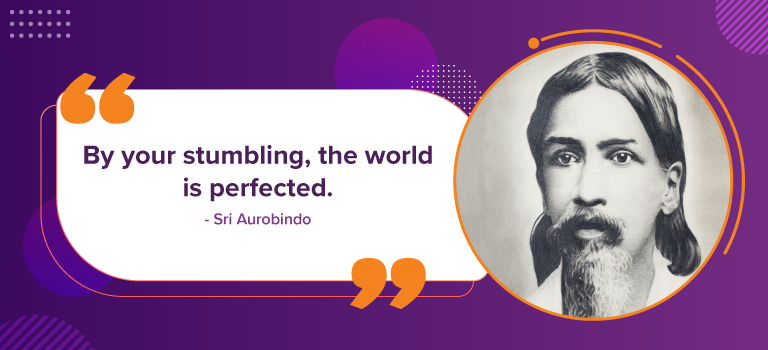TABLE OF CONTENTS
1. 2nd BIMSTEC Agriculture Ministers Meeting 2. Indian Biological Data Centre (IBDC) 3. Shri Dattopant Thengadi

1. 2nd BIMSTEC Agriculture Ministers Meeting
Syllabus – GS2, Regional Groupings and Agreements involving India and/or affecting India’s interests.
Prelims – 2nd BIMSTEC Agriculture Ministers Meet.
Context – India hosted the 2nd BIMSTEC Agriculture Ministers Meeting.
Details –
- The 2nd Agriculture Ministerial level Meeting of BIMSTEC (Bay of Bengal Initiative for Multi-Sectoral Technical & Economic Cooperation) was hosted by India under the leadership of Shri Narendra Tomar, the Union Minister for Agriculture and Farmers’ Welfare.
- The Agriculture Ministers of Bangladesh, Bhutan, Nepal, Sri Lanka, Myanmar and Thailand also participated in the meeting.
- During the meeting, importance was laid on natural and ecological farming to promote the conservation of agricultural biodiversity.
- There is a need for a comprehensive regional strategy to be developed to strengthen cooperation for the transformation of agriculture.
- Millet being a nutritious food, India has made efforts to promote millet and its products during the International Year of Millets (IYOM). Shri Tomar asked the member countries to actively participate in India’s initiative to promote millet as a food.
- The Action Plan for Strengthen BIMSTEC Agricultural Cooperation (2023-2027) was adopted at the meeting.
- An MoU between the BIMSTEC Secretariat and the International Food Policy Research Institute (IFPRI) has been signed and approved to bring Fisheries and Livestock sub-sectors under the Agricultural Working Group.
Know more about BIMSTEC in the linked article.
2. Indian Biological Data Centre (IBDC)
Syllabus – GS3, Science and Technology – developments and their applications
Prelims – IBDC- India’s first national repository for life science data.
Context – Dr Jitendra Singh, the Union Minister of State (Independent Charge), Ministry of Science & Technology dedicated to the nation, India’s first national repository for life science data – IBDC at Faridabad, Haryana.
About IBDC –
- The Indian Biological Data Centre (IBDC) is the first national repository for life science data in India. It is mandated to archive all life science data generated from publicly funded research in India.
- It has been established at the Regional Centre of Biotechnology (RCB), Faridabad in collaboration with the National Informatics Centre, Bhubaneshwar. It is supported by the GoI through the Department of Biotechnology (DBT).
- Fundamentally, IBDC is committed to the spirit of data sharing as per FAIR (Findable, Accessible, Interoperable, and Reusable) principles. IBDC is being developed in a modular fashion wherein different sections would typically deal with particular type/s of life science data.
- IBDC dashboard provides customized data submission, access, data analysis services, and real-time SARS-CoV-2 variant monitoring across India.
Syllabus – GS1, Important Personalities.
Prelims – Shri Dattopant Thengadi.
Context – 102nd Birth Anniversary of Shri Dattopant Thengadi was celebrated at Vigyan Bhawan, New Delhi.
Details –
- The 102nd Birth Anniversary of Shri Dattopant Thengadi was celebrated by DTNBWED (Dattopant Thengadi National Board for Workers Education & Development).
- Shri Bhupendra Yadav, the Union Minister of Labour & Employment paid rich tributes to Shri Dattopant Thengadi on his 102nd birth anniversary.
- The minister launched an educational video on Digital Literacy prepared by the Board along with the QR code for easy access to the training content of the DTNBWED.
- The Maternal Benefits Claim portal of ESIC was also launched.
About Shri Dattopant Thengadi (1920-2004)
- Shri Dattopant Thengadi was born in the village of Arvi, Maharashtra on 10th November 1920.
- Shri Thengadi was the founder of Swadeshi Jagran Manch, Bharatiya Mazdoor Sangh and Bharatiya Kisan Sangh.
- Disillusioned with both western models of development, namely capitalism and socialism, he propounded a ‘Third Way’ of socio-economic development based on the ideology of Sanatan Dharma.
About DTNBWED –
- It is an autonomous body under the Ministry of Labour & Employment, Government of India.
- Started in 1958, the Workers Education Scheme in India has been playing a very significant role in national development.
- The Scheme of Workers Education aims to create and increase awareness and educate the workforce for their effective participation in the socio-economic development of the country.
- Various training programmes are conducted by the Board for the workers of formal and informal sectors at national, regional and unit levels through a network of 50 Regional and 09 Sub-Regional Directorates spread across the country and an apex Training Institute – Indian Institute of Workers Education (IIWE), Mumbai.
Read the previous PIB articles here.
November 10th, 2022, PIB:- Download PDF Here
| Related Links | |||
| ‘Sagar Mala’ Project | Supreme Court of India | ||
| Important Supreme Court Judgements | India-Bangladesh Relations | ||
| Cabinet Mission | First BIMSTEC Disaster Management Exercise | ||


Comments